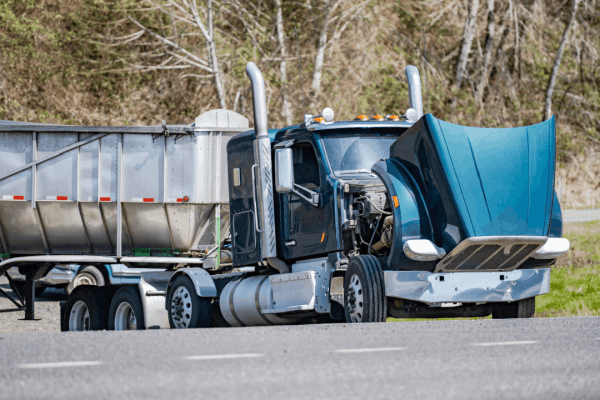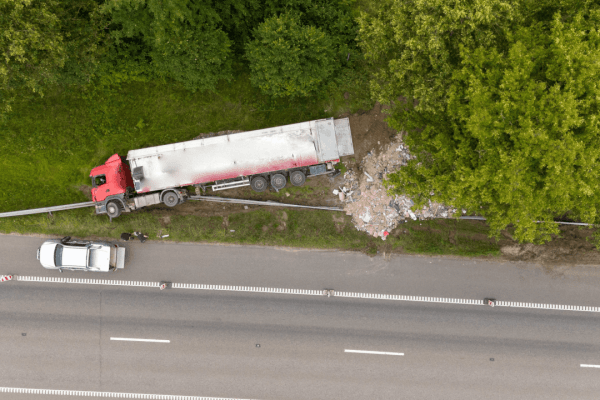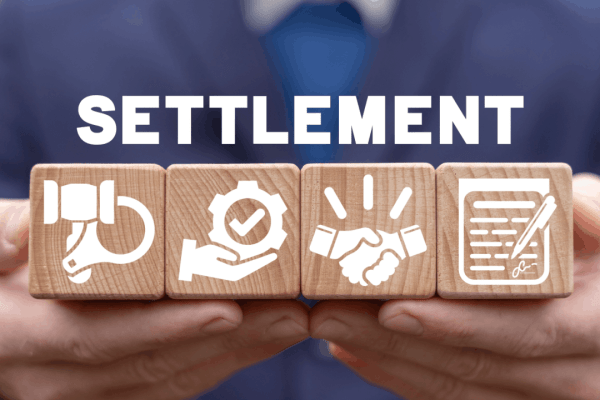
Proving the Truth When Someone Lies About a Car Accident
How to Dispute a Person Lying in an Automobile Accident: Essential Steps
When you’re involved in a car accident, discovering how to dispute a person lying in an automobile accident becomes crucial for protecting your rights and financial interests. False statements from other drivers can lead to wrongful blame, increased insurance premiums, and significant financial liability.
This comprehensive guide provides proven strategies to gather evidence, document facts, and build a strong case when facing false statements after a collision.
Immediate Actions to Take at the Accident Scene
The foundation for learning how to dispute a person lying in an automobile accident starts at the crash site. Take photographs of all vehicles from multiple angles, including damage, license plates, and the overall accident scene. Document road conditions, weather, traffic signals, and any relevant signage.
Collect contact information from all witnesses present. Independent witnesses provide crucial testimony when disputing false claims. Record their names, phone numbers, and brief statements about what they observed.
Gathering Critical Evidence to Counter False Claims
Documentation proves essential when learning how to dispute a person lying in an automobile accident. Obtain your vehicle’s event data recorder (EDR) information if available. Modern cars often store speed, braking, and steering data that contradicts false statements about accident circumstances.
Request surveillance footage from nearby businesses, traffic cameras, or residential security systems. This video evidence provides objective proof of what actually occurred. Act quickly, as many systems automatically delete footage after 30-90 days.
Working with Insurance Companies and Legal Professionals
Insurance adjusters investigate claims by reviewing all available evidence when you need to know how to dispute a person lying in an automobile accident. Provide your insurer with all documentation, photographs, and witness statements immediately. Cooperate fully while avoiding admitting fault or speculating about the accident’s cause.
Contact your state’s Department of Motor Vehicles (DMV) if the other driver provided false insurance information or invalid license details. The DMV maintains records of driver violations and can verify license status, which becomes crucial evidence when learning how to dispute a person lying in an automobile accident.
Report suspected insurance fraud to your state’s Insurance Commissioner’s Office. These government agencies investigate fraudulent claims and can take administrative action against dishonest parties. Many states have dedicated fraud hotlines and online reporting systems for suspicious accident-related activities.
Consider filing a complaint with the Federal Trade Commission (FTC) if you suspect organized insurance fraud or identity theft related to the accident. The FTC coordinates with law enforcement agencies nationwide to combat fraudulent schemes targeting accident victims.
Consider hiring an attorney experienced in auto accident cases, especially when significant damages or injuries are involved. Legal professionals understand how to dispute a person lying in an automobile accident through proper legal channels and can protect you from aggressive tactics by the other party’s insurance company.
Keep detailed records of all communications, including phone calls, emails, and written correspondence. This documentation trail proves valuable if the case escalates to litigation or arbitration.
Protecting Your Rights When Facing False Accusations
Understanding how to dispute a person lying in an automobile accident requires patience and persistence. Insurance investigations can take weeks or months to complete. Avoid discussing the accident on social media or making public statements that could be taken out of context.
Maintain consistent statements throughout the process. Any contradictions in your account may be used against you, even if they involve minor details. Stick to facts you know with certainty and avoid speculation about factors you didn’t directly observe.
Take Action to Protect Your Rights Today
Don’t let false claims jeopardize your financial security or driving record. Contact your insurance company today to report any concerns about dishonest statements from other parties involved in your accident.
Ready to protect your interests? Visit trucking accident today to learn more about your legal options and schedule a free consultation with our qualified attorneys who can evaluate your case and provide personalized guidance for your specific situation. Don’t face false claims alone – let our expertise work for you.
Consider consulting with a qualified attorney who can evaluate your case and provide personalized guidance for your specific situation.
Frequently Asked Questions
1. What if the other driver changes their story after the accident?
Document the original statements made at the scene and notify your insurance company immediately about any inconsistencies. Witness statements and police reports help establish the initial facts.
2. Can I use social media posts as evidence against lying drivers?
Yes, social media posts can serve as evidence if they contradict the other driver’s claims about injuries or accident circumstances. Screenshot relevant posts with timestamps.
3. How long do I have to dispute false claims after an accident?
Most insurance companies and legal systems have statute of limitations ranging from one to six years, depending on your location and the type of claim being disputed.
4. What happens if there are no witnesses to the accident?
Focus on physical evidence like vehicle damage patterns, skid marks, debris fields, and any available surveillance footage. Expert accident reconstruction may also help.
5. Should I admit any fault at the accident scene?
Never admit fault at the scene, even if you think you may have contributed to the accident. Let insurance companies and investigators determine fault based on evidence.
Key Takeaways
- Document everything immediately at the accident scene with photos, witness information, and detailed notes
- Gather objective evidence like surveillance footage, medical records, and vehicle data recorders
- Work closely with your insurance company and provide all available documentation promptly
- Consider hiring an experienced auto accident attorney for complex cases or significant damages
- Maintain consistent statements and avoid social media discussions about the accident details



